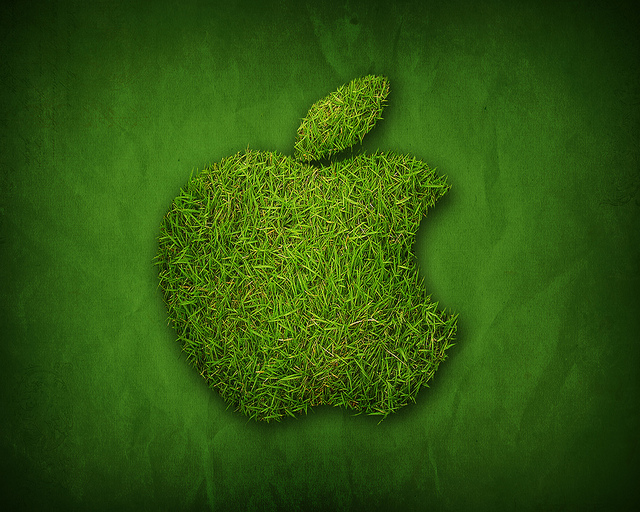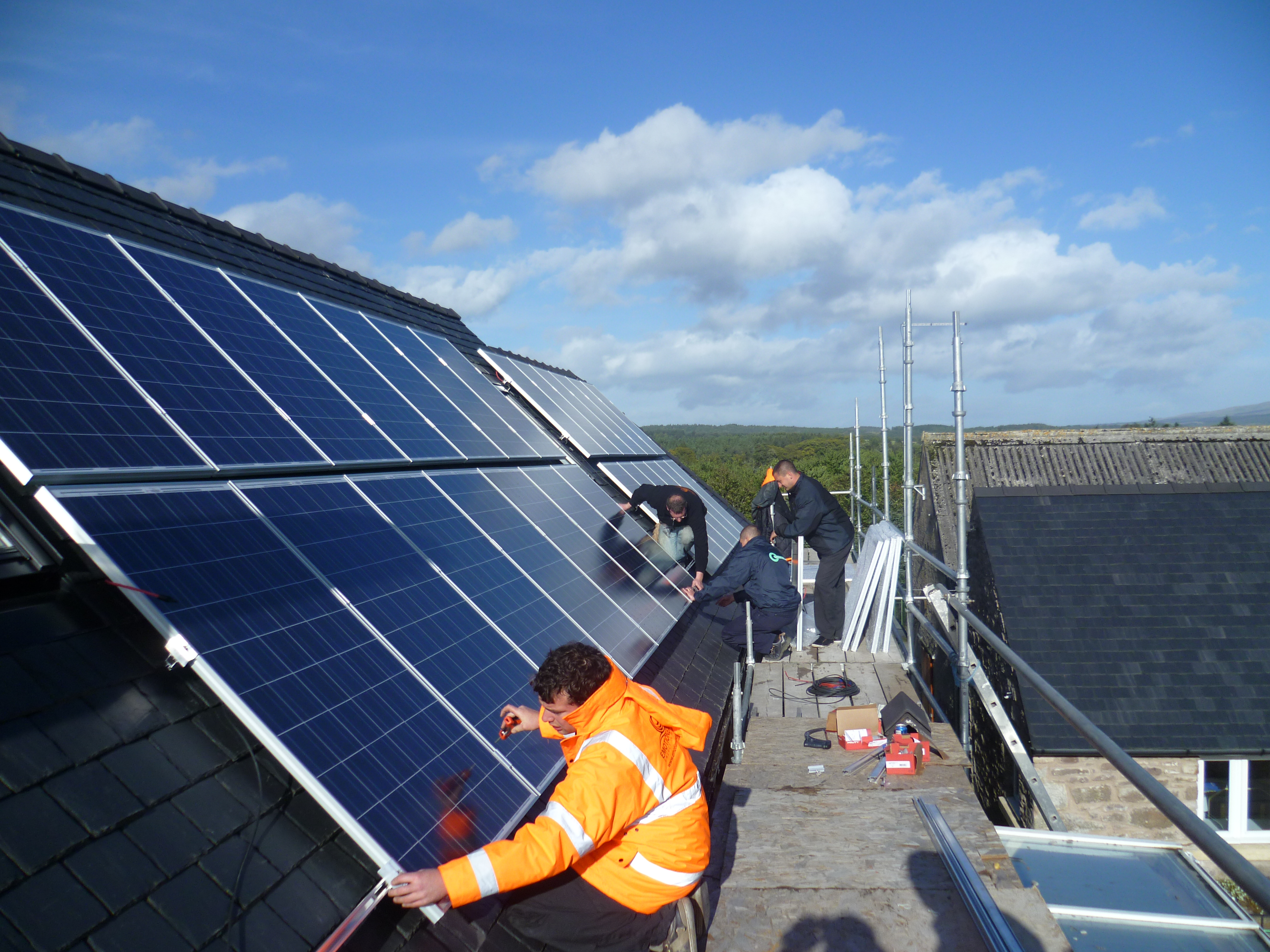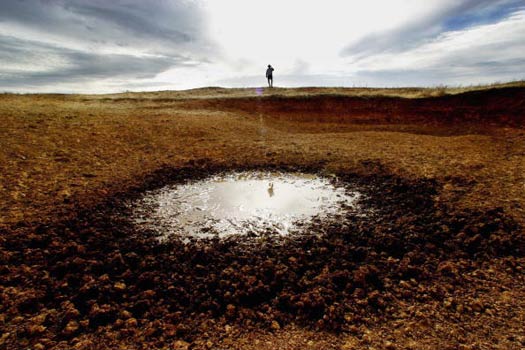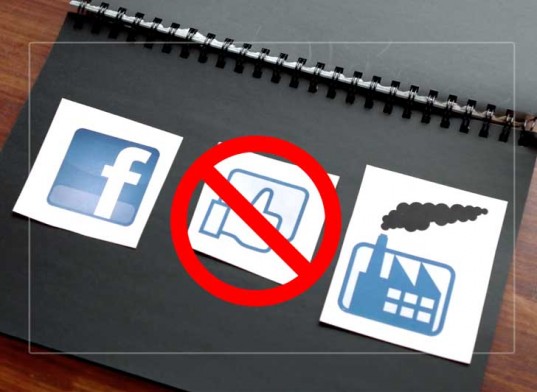Apple’s clean energy policies have significantly improved, but the company still gets low scores for its energy choices when compared with sector leaders, a new Greenpeace International analysis reveals.

Despite a welcome commitment by Apple in May that its data centres will be coal-free and powered by 100% renewable energy, the analysis reveals that Apple still lacks a plan that outlines a realistic path to eliminate its reliance on coal to power its iCloud.
The analysis, “A Clean Energy Road Map for Apple” is a follow-up evaluation to Greenpeace International’s April “How Clean is Your Cloud?” report, which ranked companies such as Amazon, Microsoft and Apple on their renewable energy policies.
This latest analysis updates the scores to account for Apple’s new announcements and found that Apple’s plans to make its three existing data centres “coal-free” are still far from complete.
“Apple has the potential to set a new bar with its coal-free iCloud commitment, but its plans to reach this goal are still mostly talk and not enough walk,” said Greenpeace International Senior IT Analyst Gary Cook.
“Apple got a lot of kudos and positive attention for its clean energy commitments in May, but it now must explain to its customers how it plans to fully eliminate its dirty energy sources, and should extend that policy to new data centres as its iCloud expands.”
Apple’s clean energy score improved to 22.6% from 15.3%, and its grades in the “Renewables and Advocacy” and “Energy Efficiency and Greenhouse Gas Mitigation” categories correspondingly improved to Cs from Ds. However, Apple received a D for its “Energy Transparency” and a D in the “Infrastructure Siting” category.
Apple’s coal and nuclear energy scores decreased, but could go down more if Apple were to reveal viable plans for how it will power its rapidly expanding data centres without the use of coal. It now uses 33.5% coal energy to power its cloud, down from 55.1% in April, and 11.6% nuclear energy, down from 27.8 in April.
The analysis includes a checklist for how Apple can make good on its coal-free iCloud pledge. Apple says solar panels and fuel cells will provide 60% of the electricity for the first phase of its data centre in North Carolina, and will turn to regional renewable energy providers for the remaining 40%.
However, since Apple will have to buy that electricity from Duke Energy, the only electric utility in the area – and one which also relies heavily on coal – Apple cannot be coal-free without pushing Duke toward that goal as well.
Apple should instead use its buying power as one of Duke Energy’s anticipated top 10 customers to demand that Duke provide it with clean energy, not mountaintop removal coal.
“Apple, as a client of Duke Energy, is an accomplice to the health emergency caused by mountain top removal mining in Appalachia,” said Mickey McCoy, a mountaintop removal activist in Kentucky. “If Apple wants to be part of a clean energy future, it should demand that Duke abandon coal from mountaintop removal that is killing people and destroying communities in central Appalachia.”
“It’s great that Apple is putting up solar panels, but as long as they’re buying electricity from Duke, they’re part of the coal problem, and that means more bad air days for North Carolinians,” said Beth Henry, a Charlotte resident who has been actively fighting against Duke’s pollution. “We need Apple’s help to push Duke away from coal and into clean renewable energy in North Carolina.”
The Clean Energy Road Map also explains exactly how Apple can make good on its coal-free promise for its Oregon data centre, and what kinds of policies it should adopt to extend its coal-free promises to its inevitable data centre expansion as the iCloud continues to grow.
More than 250,000 customers of Apple, Amazon and Microsoft have written to the companies asking for a cleaner cloud since Greenpeace launched its Clean Our Cloud campaign on April 18.


















